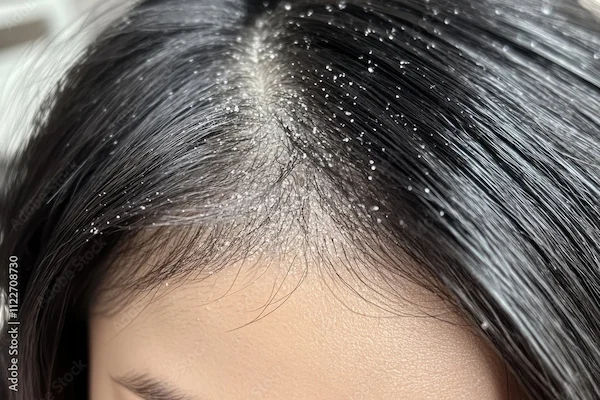- Male
- 26 Years
- 22/01/2025
I'm really concerned about this redness I'm experiencing around my thigh joint. I've been using propysalic NF ointment for itching and to get rid of some scars, but now my skin tone seems different. Should I continue using the same ointment or try something else? I'm just a bit worried about my skin changing and could use some guidance.
Answered by 1 Apollo Doctors
It's important to consult with your doctor before applying Propysalic NF to the new area,
Dr. Kareemulla Suggests...
Consult a Dermatologist
Answered 04/07/2025
0
0

More Dermatology Health Queries
View allI've been dealing with these fine lines that almost look like hives, and they get really itchy. I've already tried taking Ivered and teczine 10, and they seemed to help for a while. But now, after finishing the medication, the problem is coming back. Do you have any idea why this is happening or what else I can try?
The recurrence might be due to lack of personal hygiene,maintain personal hygiene and follow your doctors advice
Answered by 1 Apollo Doctors
I've been prescribed Zydip C lotion for my dandruff, but I'm a bit confused about how many drops I should be using at once. Could you advise on the proper dosage or application for this?
You should use enough Zydip C lotion to cover the affected scalp area, typically around 10-20 drops per application. It is important to follow the instructions provided by your doctor for the best results.
Answered by 1 Apollo Doctors
I've had this butt rash for around three months now, and I think it's been sticking around because of how it's been treated. The pharmacy gave me hydrocortisone cream and these fexofenadine hydrochloride pills to go with it. I'm putting the cream on just once a day and taking one pill daily too. The rash is bumpy and really itchy, plus it feels like the skin is getting kind of dry. What should I do?
Stopusing those medicines and visit Dermatologist for evaluation and appropriate management
Answered by 1 Apollo Doctors
Disclaimer: Answers on Apollo 247 are not intended to replace your doctor advice. Always seek help of a professional doctor in case of an medical emergency or ailment.





